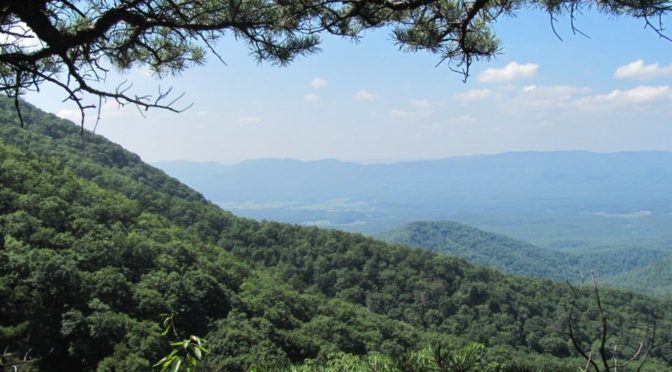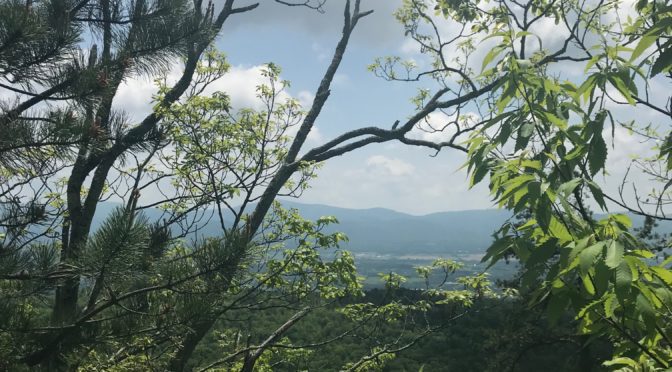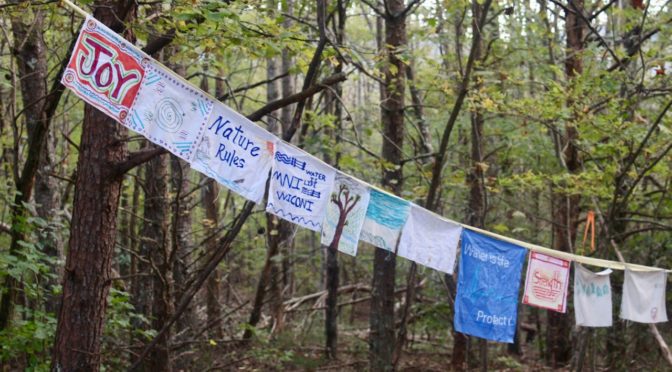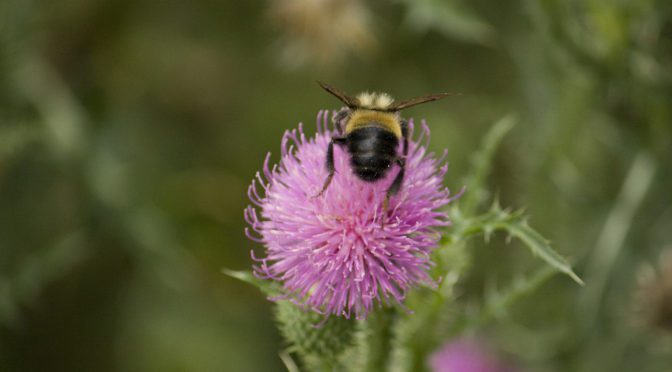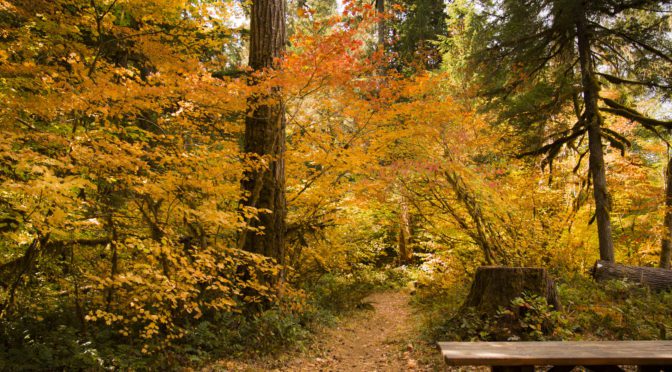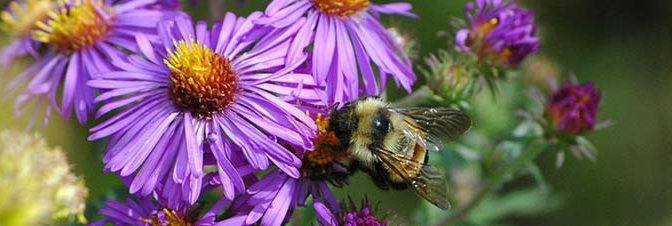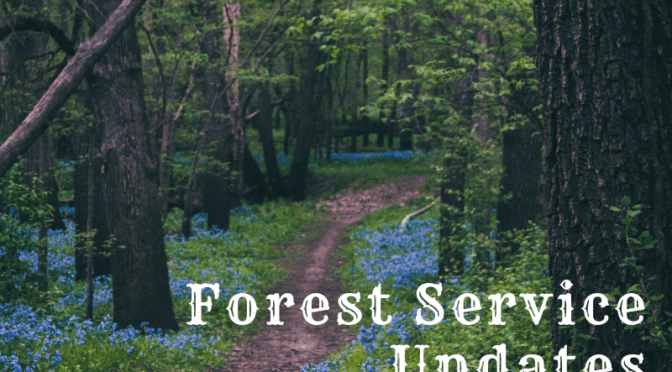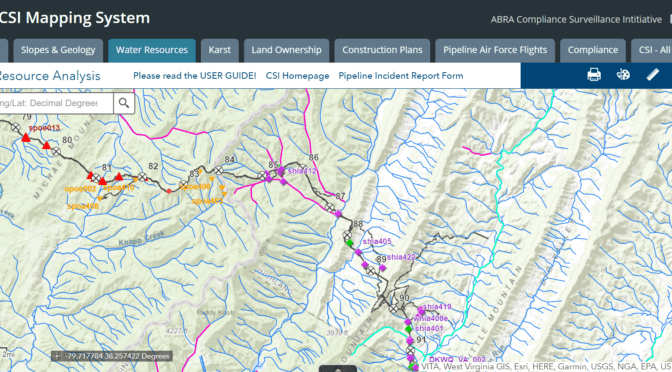
New Pipeline CSI Website Goes Live
Wild Virginia is excited to announce that the new website for Allegheny Blue Ridge Alliance’s (ABRA) Compliance Surveillance Initiative (CSI) program is up and running! The purpose of the CSI is “to support citizen efforts to ensure strict application of environmental laws and regulations in the event the pipeline goes forward.” Wild Virginia is a proud… Read more
